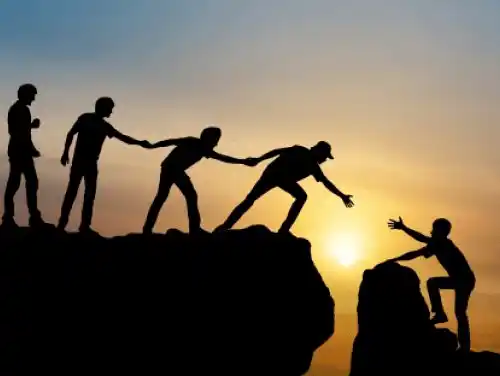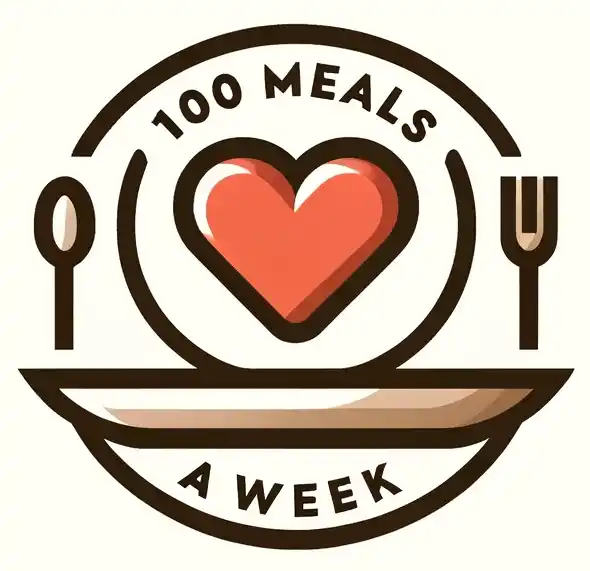Small Actions, Big Impact: How Ordinary People Can Tackle Extreme Poverty

Every 3.6 seconds, someone dies from starvation. This staggering statistic is a stark reminder of the human suffering that persists in our world today. People do not die from natural disasters or unforeseen circumstances but from conditions that are entirely preventable: extreme poverty, hunger, malnutrition, and treatable diseases.
The grim reality of these preventable deaths is not just a statistic; it’s a call to action. As individuals, we often feel overwhelmed by the sheer scale of global poverty, believing that only large organizations, governments, or wealthy philanthropists can make a difference. However, real change often starts with individuals who decide to help, one small action at a time.
The Scale of the Problem
Extreme poverty is more than just a lack of financial resources; it is a complex web of challenges that includes inadequate access to food, clean water, and healthcare. It is essential to recognize that everyone of these deaths is a preventable tragedy. Addressing these issues requires collective efforts, but it also needs individuals to step up in their own communities.
Many people across the globe are making significant impacts, transforming the lives of those suffering from poverty. Their stories reveal how compassion, paired with even the smallest acts of generosity, can change lives and communities.
Ordinary Heroes and Extraordinary Actions
Countless individuals have become champions for change, proving that anyone can take action, regardless of their background or resources. Here are just a few examples of ordinary people making extraordinary impacts in the fight against poverty:
- Gloria Henderson, at seventy-one, has become a champion of collecting excess food from farms and providing it to those who need it most. Her work addresses one of the starkest paradoxes of poverty: food waste coexisting alongside hunger. By redirecting unused food, she bridges a gap, turning what would have been waste into sustenance for her community.”I feel a deep sense of peace and joy, knowing I’m making a difference,” says Gloria Henderson, founder of a gleaning project in North Carolina.
- Lisa Shannon was moved to action when she learned about the abuse faced by women in Congo. With no initial plan for large-scale change, she began raising funds and lobbying for legislative support, proving that advocacy and raising awareness are powerful tools in combating human rights abuses.
- Charlie Simpson, just seven years old, was heartbroken over the suffering of children in Haiti following a devastating earthquake. Although young, he didn’t let his age limit his compassion; he organized a bike-a-thon fundraiser, eventually raising over £250,000 for earthquake relief.Charlie said, “I just thought it was quite sad when I saw the pictures on the TV.” His story serves as a powerful reminder that anyone, regardless of age, can make a difference.
- 100 Meals a Week: The NGO was founded from a simple yet powerful act of compassion. Recognizing the hardships faced by Vancouver’s Downtown Eastside (DTES) community, Zeeshan and Karina Hayat launched this initiative to address the complex challenges of food insecurity and homelessness. Since then, 100 Meals a Week has donated over 250,000 meals, beginning humbly with the couple making sandwiches at home to share with those in need.
These individuals—and the Hayats (Zeeshan and Karina Hayat) themselves—didn’t set out to change the world. They simply saw a need and took action. Yet, their stories reveal that sometimes the most effective changes stem from grassroots efforts and small acts of empathy that snowball into something far bigger.
Why Small Acts of Compassion Matter
The people mentioned above didn’t just address a problem; they illustrated how change is accessible to everyone. Big problems like poverty and hunger can feel overwhelming, yet research shows that small, repeated actions can bring about long-lasting impact.
One reason why this approach works is that helping others isn’t solely about those being helped; it also enhances the well-being of those who give. Altruism has been shown to boost physical health, improve mood, and provide a sense of purpose. From a scientific perspective, giving back isn’t just an act of generosity; it taps into a deep-seated, biologically wired inclination for compassion that strengthens our resilience.
By helping a family gain access to food, or providing resources to a struggling village, people not only address immediate needs but also reinforce their own empathy and connection to humanity. This mutual benefit makes sustainable giving possible. Studies have found that being generous positively affects the immune system, cardiovascular health, and even longevity.
Engagement and Empathy: Keys to Fighting Poverty
In today’s world, it’s easy to tune out issues like hunger and poverty, especially when we’re bombarded with images and stories of suffering that feel distant. The challenge, then, is to overcome desensitization and find a way to stay engaged. Engagement breaks through cynicism and helps keep empathy at the forefront.
When we flip the “empathy switch” off, disengaging from the suffering around us, we risk fostering apathy and indifference. Staying involved—even in small ways—reminds us of our shared humanity and our potential to create change. Each of us has the ability to make a difference, even if it’s just in the life of one person or one community. And when these small actions accumulate, they become powerful forces against injustice and suffering.
The Path Forward: How We Can All Take Part
The stories of everyday heroes tackling extreme poverty remind us that making a difference isn’t confined to the wealthy or well-connected. It’s about seizing opportunities to help when we see them. Whether it’s volunteering locally, donating resources, or simply lending an empathetic ear to someone in need, these acts of compassion collectively reshape the world.
In the face of overwhelming challenges, we can each find strength in the understanding that every positive action counts. Compassion, when practiced consistently, brings hope not only to those in need but also to those who choose to give. We can all become part of a movement to end preventable suffering—one action at a time.
Conclusion
In a world where every 3.6 seconds a life is lost due to starvation, the urgency for compassion and action has never been greater. We must take it upon ourselves to act, to connect, and to empathize with those suffering from extreme poverty. Together, through small, deliberate actions, we can create a ripple effect that leads to meaningful change. Every effort counts—let’s make them count together.
How will you take a small action today that could lead to a big change for someone in need?
